It is critical to recall that since the launching of the UN Secretary-General’s Global Education First Initiative (GEFI) in 2012, UNESCO has promoted global citizenship education (GCED) in the understanding that it refers to a sense of belonging to a broader community and common humanity. It also emphasises political, economic, social and cultural interdependency and interconnectedness between the local, the national and the global. According to UNESCO, GCED aims to empower learners to assume active roles to face and resolve global challenges and to become proactive contributors to a more peaceful, tolerant, inclusive and secure world. GCED is one of the strategic areas of UNESCO’s Education Sector programme for the period 2014-2021. In accordance with the target 4.7 contained in the Sustainable Development Goals (SDGs); by 2030 all learners should acquire knowledge and skills to promote sustainable development through the promotion of culture of peace and non-violence, global citizenship and appreciation of cultural diversity. UNESCO’s approach to Global Citizenship Education builds on the Organization’s long standing experience in human rights and peace education (PHRE), which remain specific areas of work for the Organization. UNESCO considers that education for human rights and the promotion of a culture of peace and non-violence enhance the quality education. In the context of the United Nations Plan of Action to Prevent Violent Extremism, UNESCO is supporting countries seeking to deliver education programmes that build young people’s resilience to violent extremist messaging and foster a positive sense of identity and belonging. This work is being undertaken within the conceptual framework of GCED. This important SDGs benchmark was elaborated in the UNESCO Incheon Declaration and Framework for Action, which was adopted in the World Education Forum held in Republic of Korea in 2015. In this vein, the OHCHR concluded in its report on the realization of the equal enjoyment of the right to education by every girl of 2017 the relevance of the mutually reinforcing linkages between the SDGs and the international and regional processes, including the Incheon Declaration. To reach a full GCED, the following elements should be taken into account, namely: elimination of all forms of intolerance and of discrimination based on religion or belief; girls and women education; cultural diversity; violence and prevention of violent extremism; prevention of armed conflict through education and reconciliation. The United Arab Emirates (UAE) launched in 2010 the Vision 2021 by which the UAE’ Government calls for “a shift to a diversified and knowledge-based economy”. Education is also targeted in “UAE Vision 2021”, as the UAE aims to build a first rate education system, in which Emirati students may be ranked among the best in the world. In parallel, the Rashid Al Maktoum Intelligent Education Initiative was also launched in 2012 with the aim of creating a new learning environment in schools. Since the adoption of the National Strategy for the Advancement of Women, UAE has developed a national plan aimed at empowering women in the field of education. On the basis of this national compromise, which is rooted in the Beijing Conference and Declaration of 1995, the UAE has positively exported this engagement to the work of the Human Rights Council (HRC) by successfully promoting the resolution on “Realizing the equal enjoyment of the right to education by every girl”. Under the strong leadership of H.E. Obaid Salem Saeed Al Zaabi, Permanent Representative of UAE in Geneva, the HRC adopted the resolution 35/22 of 14 July 2017 by which it reaffirms the importance of enhancing the dialogue between UNESCO, UNICEF and the Special Rapporteur on the right to education and other partners that pursue the goals of girls’ education with a view to promoting further the right to education of girls in the operational activities of the United Nations system. The resolution also urges all States «…to strengthen and intensify their efforts to take deliberate, concrete and targeted steps to fully realize the equal enjoyment of the right to education by every girl, to eliminate legal, administrative, financial, structural, social and cultural barriers that hinder girls’ equal enjoyment of the right to education…». Despite this important landmark, a global assessment about the integration and impact of the GCED in the daily work of the United Nations in Geneva has not been yet studied. Geneva is witness about how the different values and cultures take active part and influence in all those world debates and negotiations, which are currently occurring in the whole system of the United Nations. David Fernández Puyana, PhD |


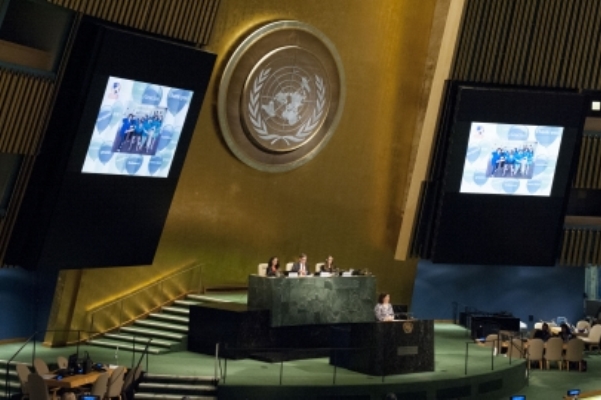




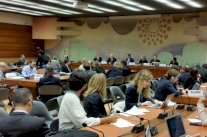

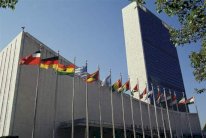

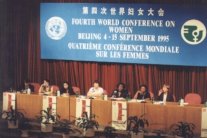

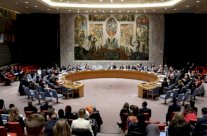
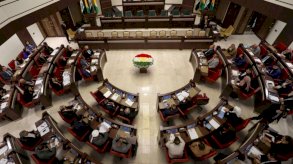

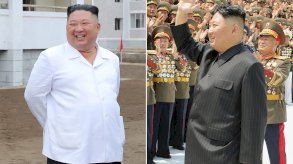









التعليقات